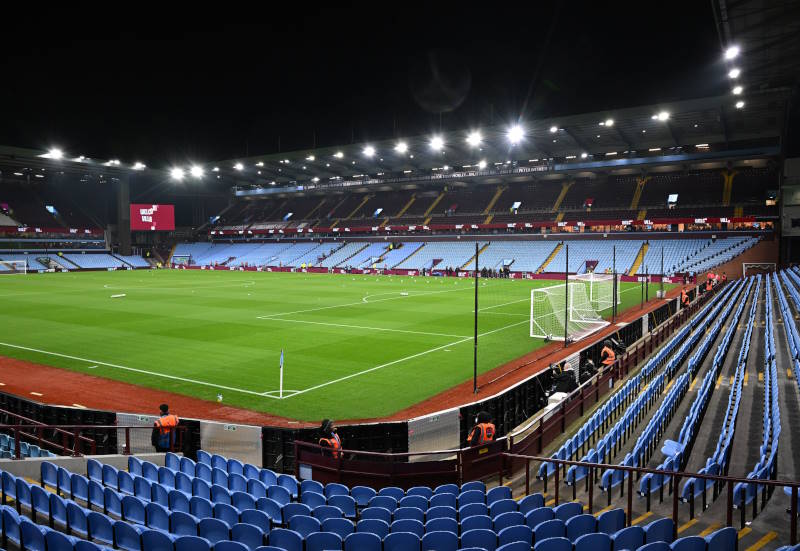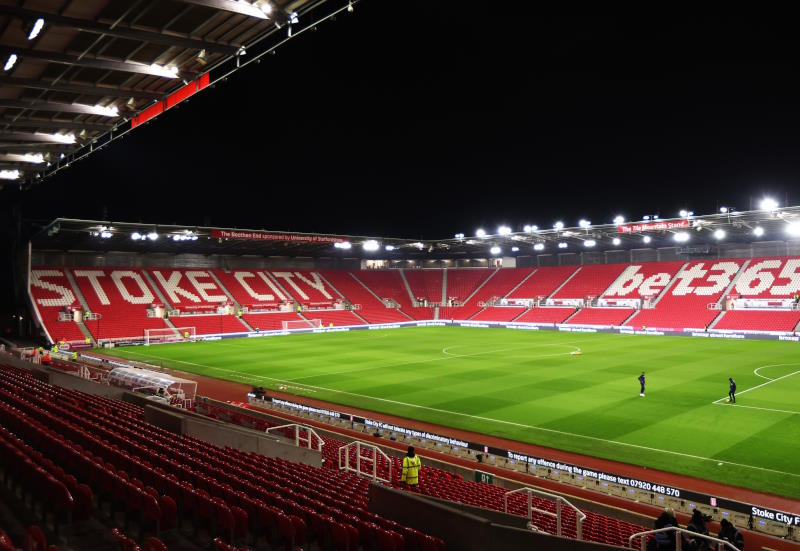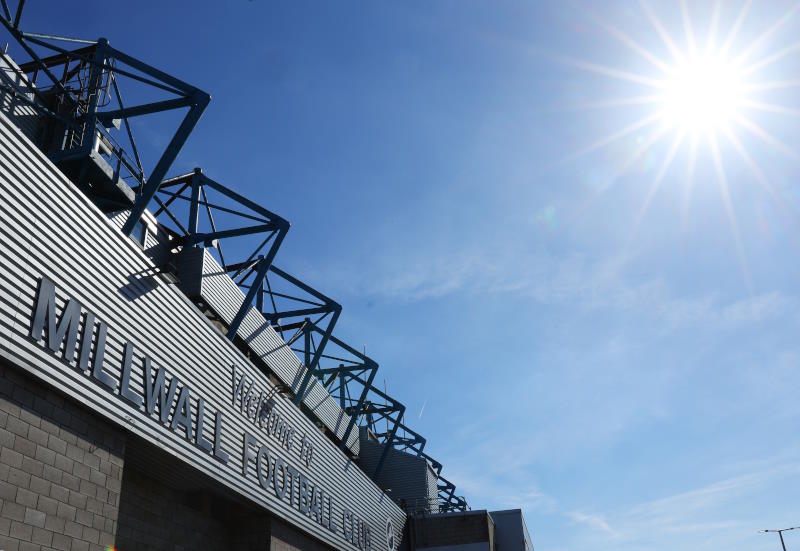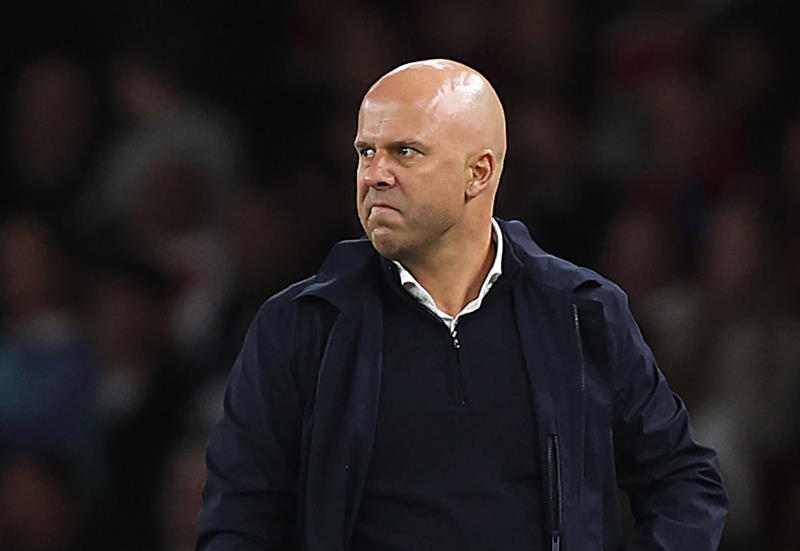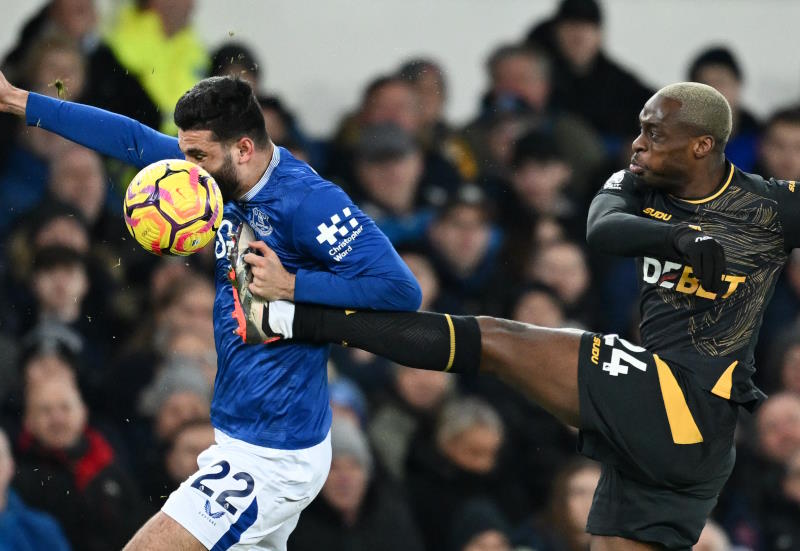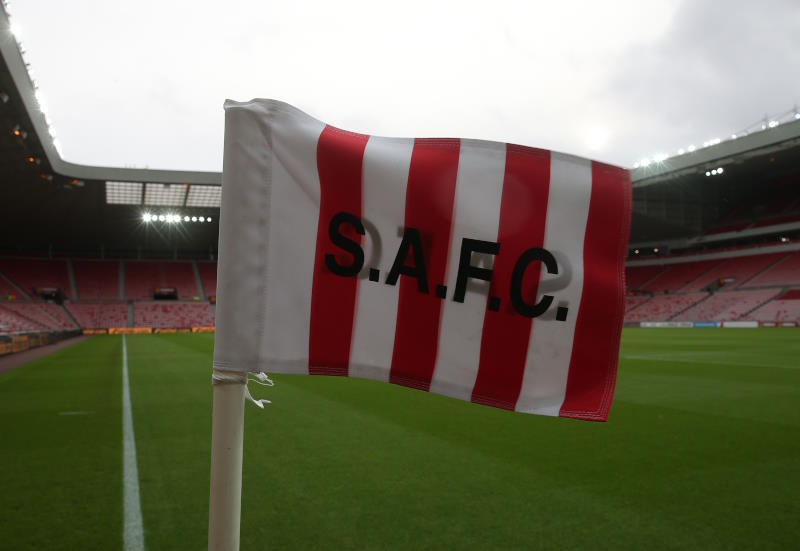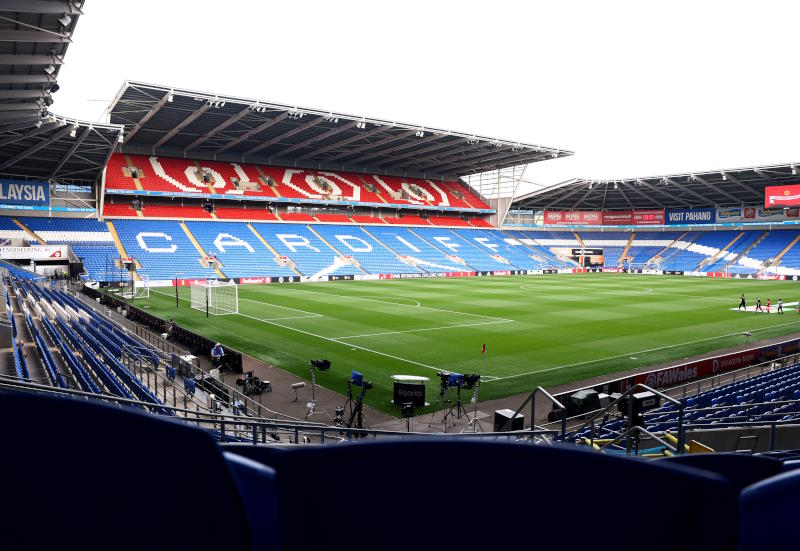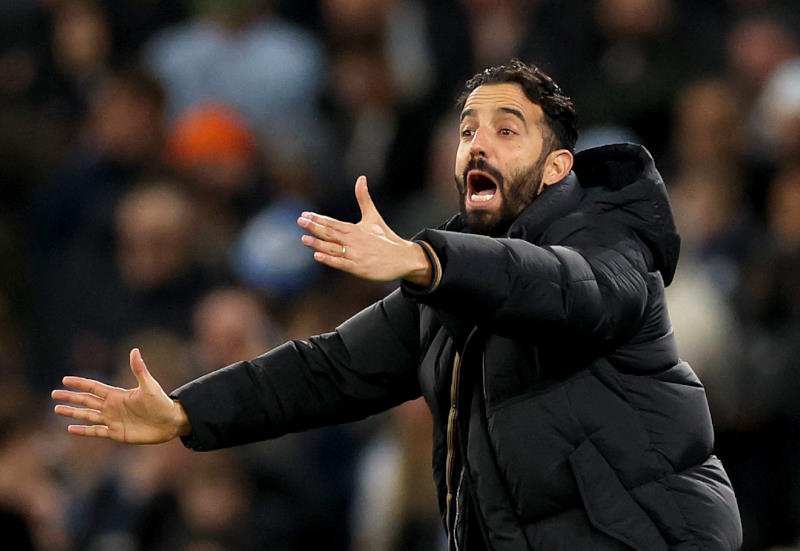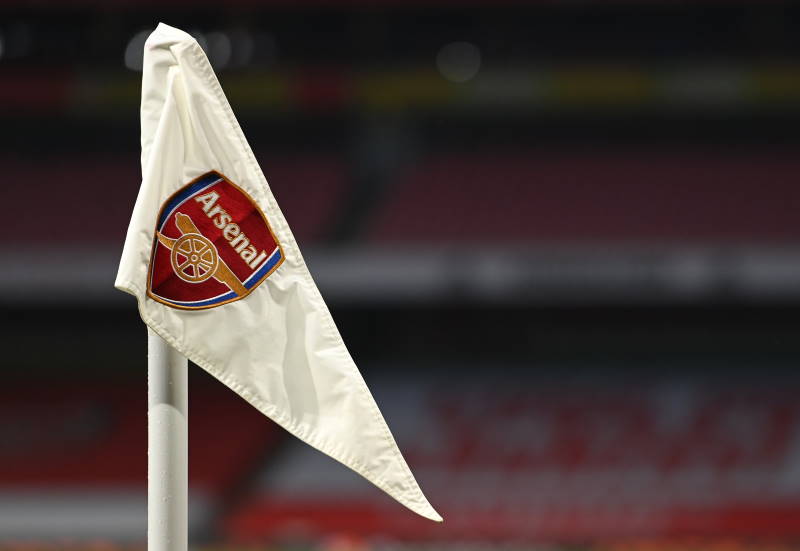
Liam Barnes
Planet Football has often seemed an unfair world, and no more so than when the ragged French side, outfought and often outplayed by a well-drilled Irish side, cheated their way through to the World Cup finals. The gods weren’t smiling, the hands of fate (and Thierry Henry) conspired to knock out the Irish, and the meddling men in FIFA suits saw to Bosnia as well, loading the dice against them by seeding the playoffs, avoiding any potential heavyweight clashes condemning a footballing aristocrat to slum it with the other unqualified peasants.
These injustices give the impression that no matter how much Michel Platini goes on about evening out the Champions League, or how much Sepp Blatter blathers about improving the world through football, it’s the money that talks and the marketers, agents and despotic delegates that ensure the big prizes in football remain in the hands of the privileged few. However, there are signs that the traditional hegemonies and dominations of national and international football, at club and country levels, could be about to fall under sustained challenges.
Beginning with a look towards next year’s World Cup in South Africa, the new continental location is not the only sign of a new broom sweeping through. France, Portugal and Uruguay, traditional powerhouses on the international stage, may have made it through their playoffs, but the margins were very narrow indeed, and Russia’s complacent conceding of a late goal at home to Slovenia, in addition to a rousing performance from the young Adriatic nation in the second leg, saw a much-fancied dark horse trip up before the race really got going.
Russia were not the only established name to be unceremoniously dumped out, as the Czech Republic were pipped by their smaller neighbour and former countrymen Slovakia, whilst Sweden were also beaten by arch-rivals Denmark, to sound a note of victory for the smaller sides. Several others also very nearly didn’t make it, most notably Argentina, whose qualification campaign was shambolic to say the least, whilst Turkey, Croatia and Egypt were among other notable sides who missed out to less familiar countries.
This general trend can be seen across the world, where serial qualifiers but finals deadwood such as Saudi Arabia, Costa Rica, Ecuador and Tunisia were superseded by heroic minnows North Korea, an unknown danger in Honduras, the mercurial Chile and a resurgent Nigeria. Africa’s qualifiers may have gone fairly close to predictions based on current and historical power, but Nigeria and Cameroon missed out in 2006 and were forced to reassert their dominance of 1990s African football, and Egypt, the continent’s most successful country in club and international scene, once again failed to translate this to a global stage in losing (albeit very narrowly) to a spirited Algeria.
In total, of the 32 sides that were at the last World Cup in Germany, only 18 have qualified for South Africa, a significant turnaround, and a sign of the shifting balances of power. Smaller countries like Slovenia, Slovakia and Honduras have an unusually talented crop of players, which has been married to good organisation to provide a platform to usurp their richer, historically more successful rivals.
Of those booked in for 2010, only really New Zealand, Greece, North Korea, Japan, Slovenia and possibly Slovakia and Honduras can consider themselves as minnows with little chance of progression, and considering the state of crisis and malaise affecting some established countries like France, Portugal, Germany and Argentina, there is scope for in-form and tough middleweights such as Australia, Ivory Coast or Denmark to go on an eye-catching run to the latter stages. Of course, it is still likely that the winners will be from a select group of established powers – best bets are either Spain, Brazil or England, with reigning champions Italy and Holland also strong contenders – but as Turkey and South Korea showed in 2002, or Bulgaria did in 1994, organised and adventurous teams can do well in tournament situations, and lead to bigger things for football in their countries, writing their names into the annals of history.
It’s not just internationally though that the winds of change can be felt blowing around the sport. The English Premier League’s Big Four, the small clique of clubs with self-perpetuating fortunes generated by yearly Champions League money, was seriously close to being broken last year by Aston Villa and Everton, only for the former to run out of steam and the latter to suffer injuries and loss of form. Now, not only are they both stronger, but so are Spurs and the mega-rich Manchester City, which, coupled with Liverpool’s poor form, Arsenal’s defensive and mental fragilities, a Ronaldo-less Manchester United and Chelsea yet to deal with the African Cup of Nations, makes for a much more interesting season at the top. Serious movement is indeed likely this year, and perhaps even greater ructions in the natural order once Man City use their limitless fortune to sort out their iffy defence.
Lower down the English top flight tree Portsmouth, Hull and West Ham are punished for their over-spending, allowing well-run and well-managed clubs such as Burnley and Stoke City to make an impact in a league that seemed not so long ago a closed shop to the likes of them, a place where unfashionable clubs from smaller towns could not sustain the fight to punch above their weight. The Championship, the second division, has long been a league where anyone could beat anyone, and its fine example seems to be impacting on the most watched league in the world.
England’s top division is not alone in feeling a move towards financial sensibility and a greater unpredictability. European leagues are also seeing a greater egalitarianism. Lyon’s seven-year run of Ligue 1 titles ended last year as Bordeaux bought smartly and played smarter, a policy rewarded with knocking out either Bayern Munich or Juventus from this year’s Champions League.
In Italy, Inter may still be streets ahead, but Sampdoria and Fiorentina are examples of good management beating financial profligacy (see either Roman club), or transfer policies reliant on a marketing strategy (Milan).
Germany’s Bundesliga was won by a title virgin last year in Wolfsburg, as was the Russian title by Rubin Kazan, and both have acquitted themselves well against Europe’s most prestigious opposition.
Indeed, Europe’s club competitions have been undertaking a more profound shift from west to east, with three of the last five winners of the UEFA Cup from Russia or Ukraine, and this is slowly translating to the Champions League, where Platini’s changing of the rules to make more domestic champions go through to the group stages is paying dividends. Yes, some of the sides, like the Hungarians Debrecen, the Israeli side Maccabi Haifa or the Cypriots APOEL Nicosia may be very weak, but just as Romanians Cluj shocked last year, now there is Rubin Kazan, Bordeaux, Dynamo Kiev, Wolfsburg and other new and emerging champions pointing to a wider, more vibrant and more level playing field across the continent.
Of course, the bigger clubs will not just stand by and let the little clubs step up to the high table, and from suggestions for a two-tier, relegation-free Premier League to a European Super League, as well as poaching young players and throwing money at any problem, they are fighting tooth and nail to keep the aristocracy in power. The issue of protectionist seeding, raised to a high level by Ireland and Bosnia’s recent misfortune, shows who still hold power, and it will need a few years to see stronger challenges to those at the very top of the continental and international game. But Planet Football, so long a rich man’s playground, may be about to change. Fate is fickle after all, and the gods of football, like most other gods, do move in mysterious ways.
Related Articles:
- – Can Canada Rediscover International Highs?
- – CONCACAF President Warner On the Ball
- – Argentina, Brazil, Paraguay and Chile Head to South Africa

